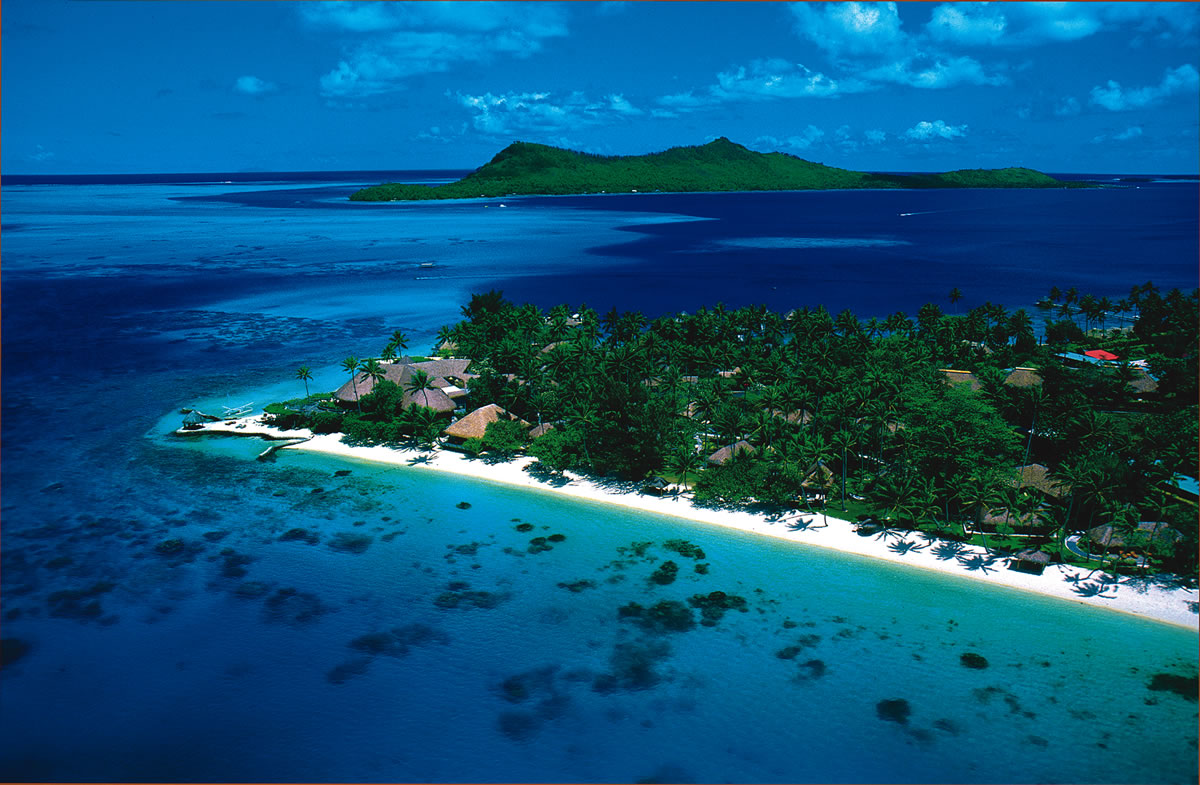
Cook Islands Prime Minister Henry Puna says same-sex marriage is not an issue in the Cook Islands, and that there is no need to deal with it until it becomes one.
His comments come in response to the United Nations new campaign calling for action on homophobia and transphobia in the Pacific Islands.
Puna says the Cook Islands shouldn’t just follow what the UN or the international community is doing.
“We have our own community here, and we need to be guided by our own people as to what we want to do in response to those pressures.”
The UN is hoping governments in the Pacific will adopt active measures to make sure people’s perception of LGBTIs change, for example by working closely with schools and health care facilities.
The Cook Islands is one of eight Pacific nations, and one of 77 countries where it is illegal to engage in any sexual activity with a person of the same sex.
But the laws that criminalise LGBTIs are not the biggest issue in the everyday life of gay and transsexual Pacific Islanders, says associate professor in human rights Dr Paula Gerber from Monash University in Melbourne.
“Decriminalisation is not the priority for the locals. No one has been prosecuted or convicted under these laws for years.”
Gerber says what makes life difficult for them, is the lack of any laws that prohibit discrimination against them.
“As things are, they can be denied a job, access to healthcare or housing because of their sexuality or gender identity.”
However, the natives of the Pacific Islands actually used to be more tolerant towards sexual relations between gays and other LGBTI people, says Dr Milton Diamond from the Pacific Centre for Sex and Society in Hawai’i.
“There are many cultures in Oceania where it was normal and accepted to be a gay or trans person.
“But then the missionaries came and said it was wrong, now LGBTIs suffer a difficult time on most of the islands.
“Their families often reject them and hold the idea of them living in sin.”
In an effort to speed up the process of decreasing discrimination against LGBTIs, the United Nations has tried to frame the Pacific Free and Equal campaign in a way that catches the Pacific islanders’ attention.
“In many countries, people refuse to talk about gays, lesbians and transsexual people. So these videos specifically targeting the Pacific is a great way to start having a dialogue,” says Gerber.
“In these cultures the usual explanation from the governments as to why they aren’t focusing on LGBTI issues is that there is no discrimination or violence against them. But if we have concrete details to back up our stories, they can’t say no and ignore the facts.”
Currently, sexual orientation is one of the top five reasons youth ring the help line, alongside pregnancy in the Cook Islands.
In a recent survey with over 600 young people aged between 15 and 24 years, nine percent of the participants identified as lesbian, gay, bisexual or transsexual (LGBT).
More than 20 per cent ‘refused’ or were ‘unsure’ about which category to put themselves into but sexuality educator Debi Puati says this number is probably a lot higher.
Cook Islands’ only LGBT community group, Te Tiare Association previously told CI News that they totally support the decision of the supreme court of America for marriage equality, and that it is definitely something that they may look into going forward into the future.
However, Secretary Valentino Wichman said at the moment they are focusing on human rights issues like decriminalising homosexuality in the Cook Islands, skills development and education, organizational development and increased diversity of their membership.
